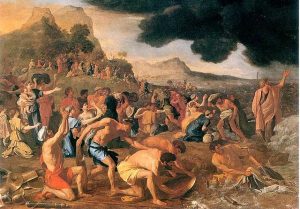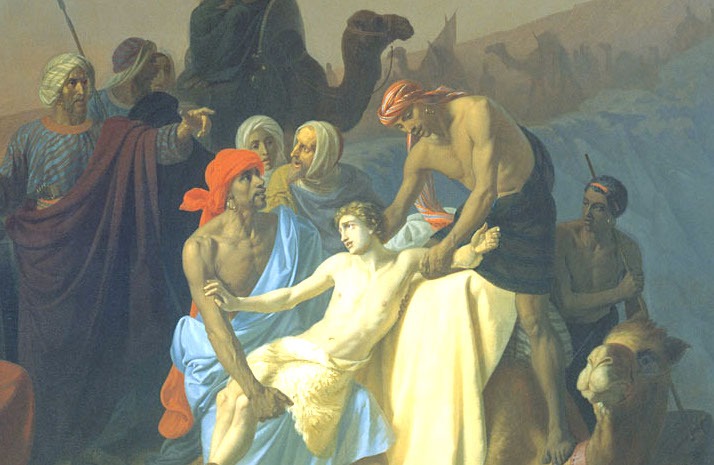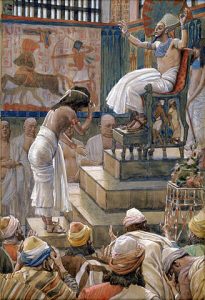by Lois Tverberg
They made their lives bitter with hard labor in brick and mortar and with all kinds of work in the fields; in all their hard labor the Egyptians used them ruthlessly. (Ex. 1:14)
One of the central themes of the story of Exodus is that of avodah, which is translated work, labor, service, and slavery. In the passage above, the word is used four times in the Hebrew text. When God finally is moved to save his people, it is because of their avodah:
The Israelites groaned in their labors (avodah) and cried out, and their cry for help because of their labor (avodah) went up to God. (Ex. 2:23)
 When God challenged Pharaoh, he challenged him on this very issue. He sends Moses to say, “Let my people go, that they may serve (avad) me in the wilderness” (Ex. 7:16). In this sentence the same word for labor and slavery is being used to describe worshipping God. The reason for this is that the same word, avad, can mean to serve or to worship.
When God challenged Pharaoh, he challenged him on this very issue. He sends Moses to say, “Let my people go, that they may serve (avad) me in the wilderness” (Ex. 7:16). In this sentence the same word for labor and slavery is being used to describe worshipping God. The reason for this is that the same word, avad, can mean to serve or to worship.
God was challenging Pharaoh who had enslaved his people by saying that he must free them to serve him. Pharaoh was considered a god in ancient Egypt, so this was a direct challenge by the true God of Israel to the false “god” Pharaoh who demanded that they serve him instead.
God later commanded that his people worship no other gods, and this is also translated that they should “serve” no other gods. They were set free from them to serve and worship the true God alone.
Photo Cred: http://www.1st-art-gallery.com/Nicolas-Poussin/The-Crossing-Of-The-Red-Sea,-C.1634.html


 An interesting thing to note was that it seems that even though Joseph had great power in Egypt, he was still a slave even then and not free to leave. In the passage above, when Joseph wanted to travel to Canaan to bury his father, he had to ask permission. Scholars believe that the officials, chariots and horsemen who went with him were there partly to honor Jacob, but also to guard Joseph to make sure that he returned to Egypt.
An interesting thing to note was that it seems that even though Joseph had great power in Egypt, he was still a slave even then and not free to leave. In the passage above, when Joseph wanted to travel to Canaan to bury his father, he had to ask permission. Scholars believe that the officials, chariots and horsemen who went with him were there partly to honor Jacob, but also to guard Joseph to make sure that he returned to Egypt.